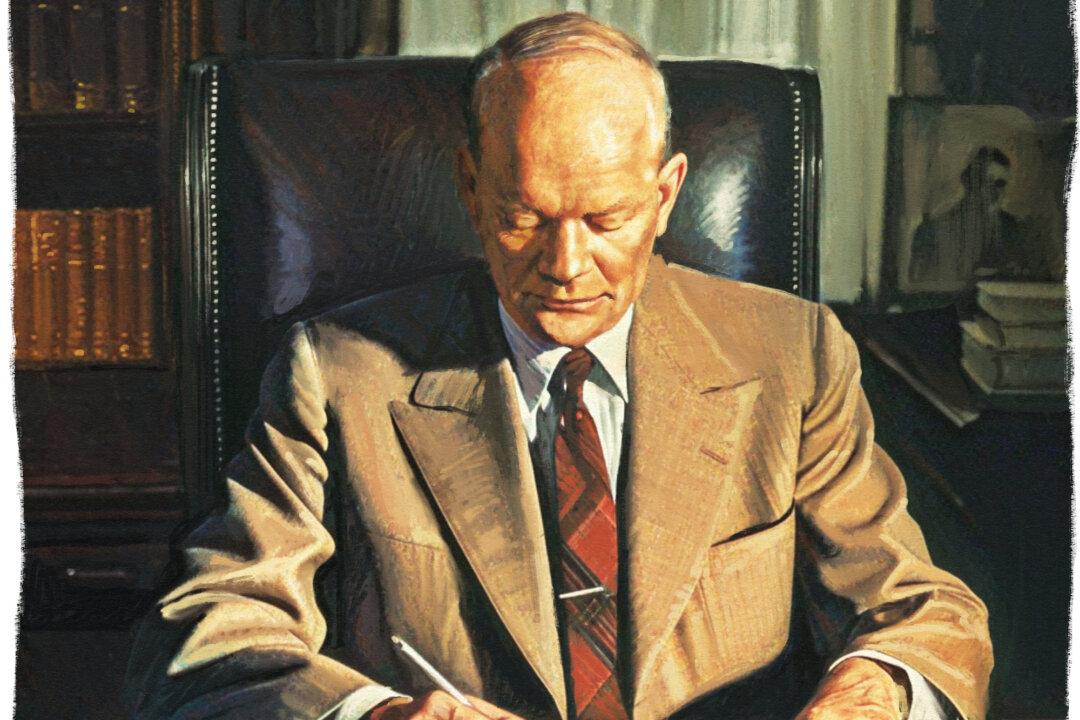Every once in a while, those who love books will stumble across some passage or new idea they’ve never heard of. As they’re drawn more deeply into the text, absorbing the words and sentences with growing excitement, these readers may, for a fleeting moment, feel the ecstasy of an explorer who has discovered some vine-swallowed temple in the heart of a jungle.
This knock-your-socks-off episode can happen anywhere and at any time. Sometimes, the cause can be as trite and silly as a life hack read online, such as disinfecting Legos by putting them in a small netted laundry bag and running them through the dishwasher. On other occasions, a poem can rise from print and page like a heartbreaking aria, summoning up some slumbering grief that leaves the reader weeping in front of a baffled grandchild. And sometimes, these newly encountered words can arrive as wisdom from the past, burning with relevance for the present.






